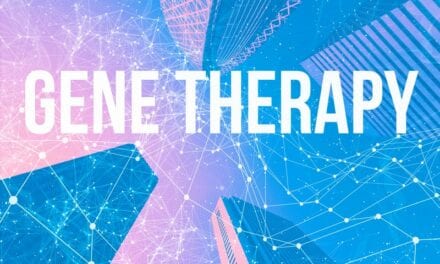University of Louisville (UofL) scientists note that TNF receptor-associated factor 6 (TRAF6) may have a role in ensuring the vitality of stem cells that regenerate muscle tissue.
This discovery may enable clinicians to boost the effectiveness of adult stem cell therapies for diseases such as muscular dystrophy, according to a media release from the University of Louisville.
Specialized stem cells known as satellite cells reside in skeletal muscle in an inactive state. When muscle injury occurs, a complex chain of signals prompts the satellite cells to awaken and generate new muscle cells to repair the injury. Previous research had shown that Pax7 (a paired-box transcription factor) is essential to this regeneration. When Pax7 is missing or reduced, the satellite cells undergo premature differentiation, or lose their stem properties and their ability to regenerate injured muscles, the release explains.
In their study, Sajedah M. Hindi, PhD and Ashok Kumar, PhD, discovered that removing TRAF6 depletes Pax7, resulting in reduced muscle regeneration in both normal and Duchenne muscular dystrophy (DMD) mouse models. They believe this is because TRAF6 is upstream from Pax7 in the signaling process involved in muscle repair and orchestrates multiple signals controlling the muscle-regeneration process, the release continues.
Hindi, a postdoctoral fellow, and Kumar, professor and distinguished university scholar in UofL’s Department of Anatomical Sciences and Neurobiology, suggest that their research may ultimately lead to improved treatments for such diseases as muscular dystrophy, ALS, cancer cachexia, diabetes, and heart disease.
The study was published recently in the Journal of Clinical Investigation.
[Source(s): University of Louisville, EurekAlert]





